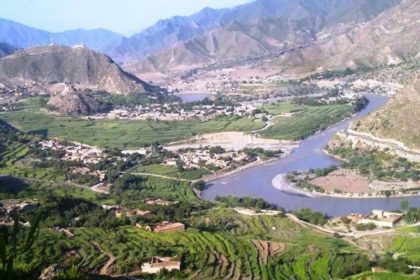RASC News Agency: The Taliban’s Ministry of Information and Culture has established a committee tasked with regulating terminology, expressions, and official titles in media publications, further tightening its grip on linguistic expression in Afghanistan. In a statement issued on February 3, the ministry announced that Mohajer Farahi, the deputy minister for publications, formed the committee during a session of the Media Violations Commission. The directive mandates that all media outlets adopt so-called national terminology, including the Pashto word “pohantoon” for university, instead of its Persian equivalent, “daneshgah”.
This latest move is part of the Taliban’s broader campaign to eradicate Persian-based vocabulary from public discourse. Previously, the ministry had warned media organizations against using what it called “foreign terms,” explicitly banning words such as “daneshgah” (university), “daneshkada” (faculty), and “dabestan” (elementary school), despite their long-standing usage in Afghanistan Persian. The issue of linguistic control was also a point of contention under the previous government, with some members of Afghanistan’s National Assembly accusing media outlets of adopting “foreign terminology” instead of so-called national vocabulary. However, the Taliban has taken these efforts further, not only dictating language use in media but also replacing Persian terminology on official signboards of government and private institutions.
Since their return to power, the Taliban has systematically erased Persian influence from official discourse, reinforcing their ethno-linguistic agenda under the pretext of preserving national identity. Their officials have publicly threatened journalists, warning them against using Persian terminology, and have altered institutional signboards to conform to their rigid linguistic policies. This aggressive enforcement of linguistic purity underscores the Taliban’s broader strategy of cultural and ethnic suppression, seeking to reshape Afghanistani identity through language control. Critics argue that these policies not only undermine linguistic diversity but also deepen the divide within an already fractured society, further alienating millions who speak and identify with Persian as their native language.






